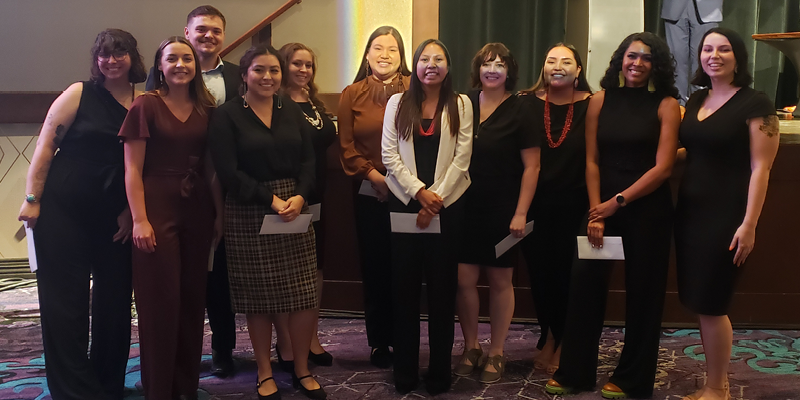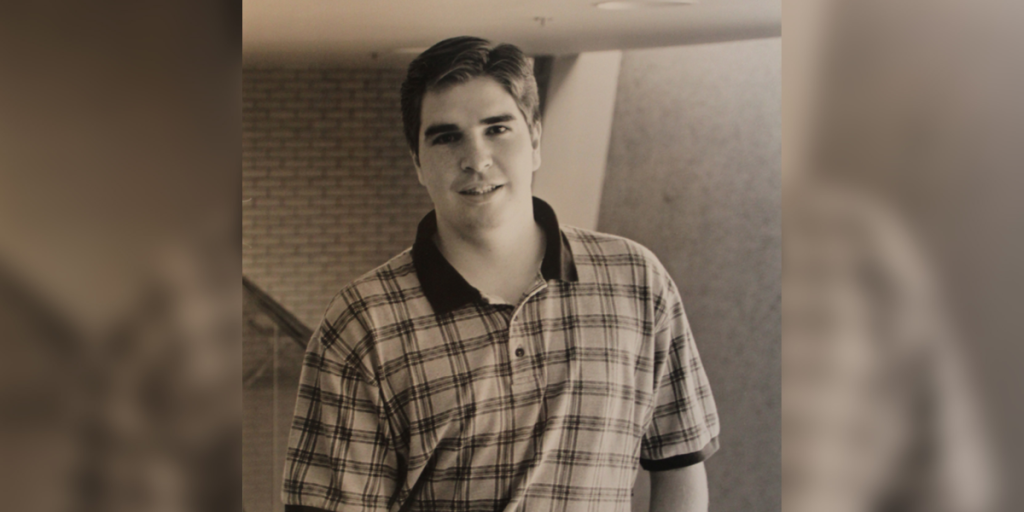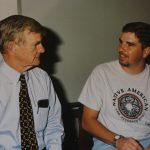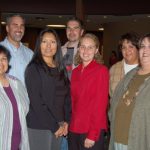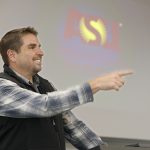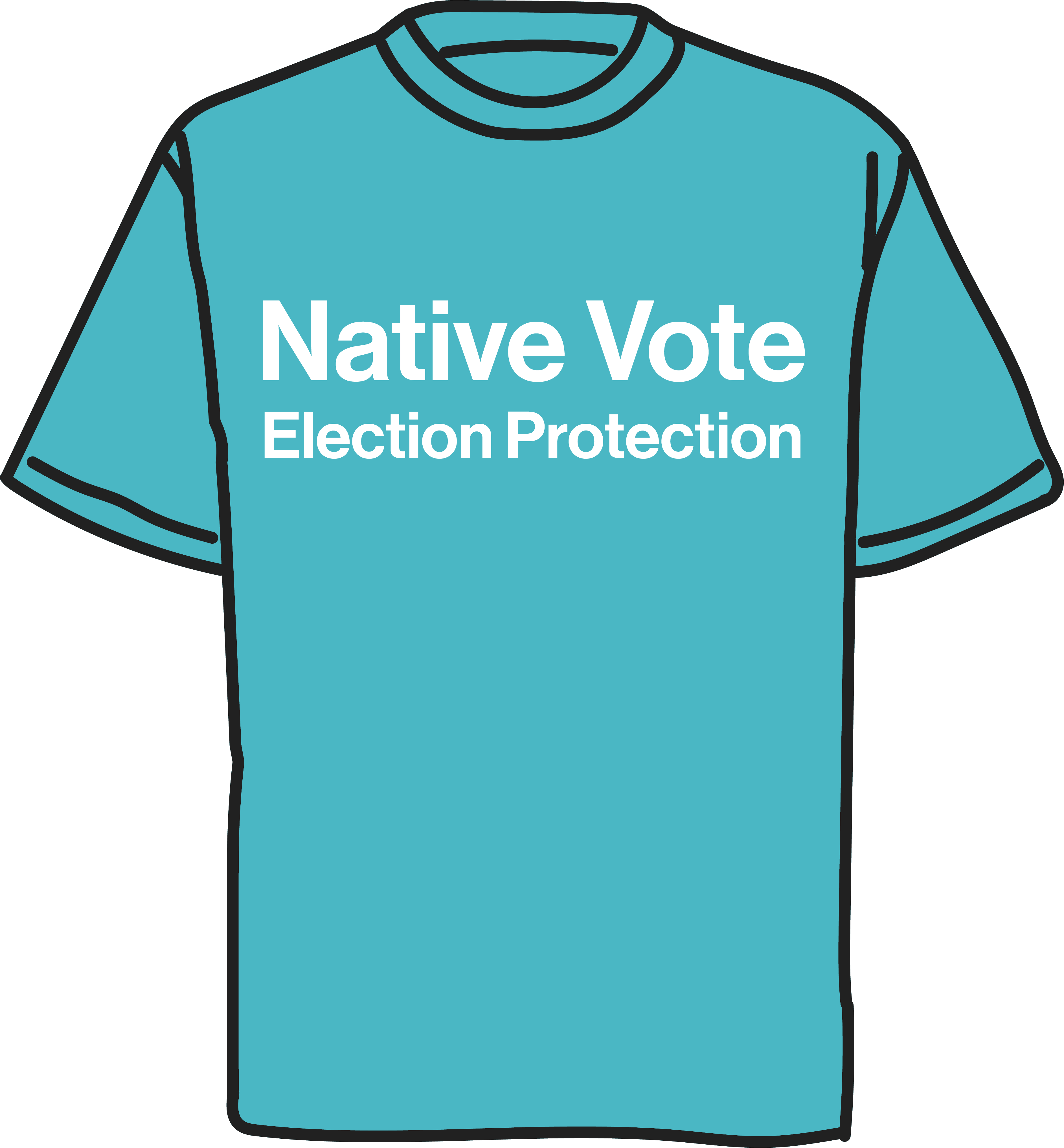
The Indian Legal Program has been partnering with the Salt River Pima-Maricopa Indian Community (SRPMIC) and receives grant funding to offer Indian Rights Summer Fellowship, which allows students to design their summer job. The purpose of the Indian Rights Summer Fellowship is to promote public service in Indian country by providing funding to students who are working on legal issues affecting individual Indians or Indian Nations. The Fellowship provide students with an opportunity to undertake practical experiences with tribes, tribal/indigenous organizations, educational programs and/or nonprofits. This year, five students received the Indian Rights Summer Fellowship and share their summer job experiences.
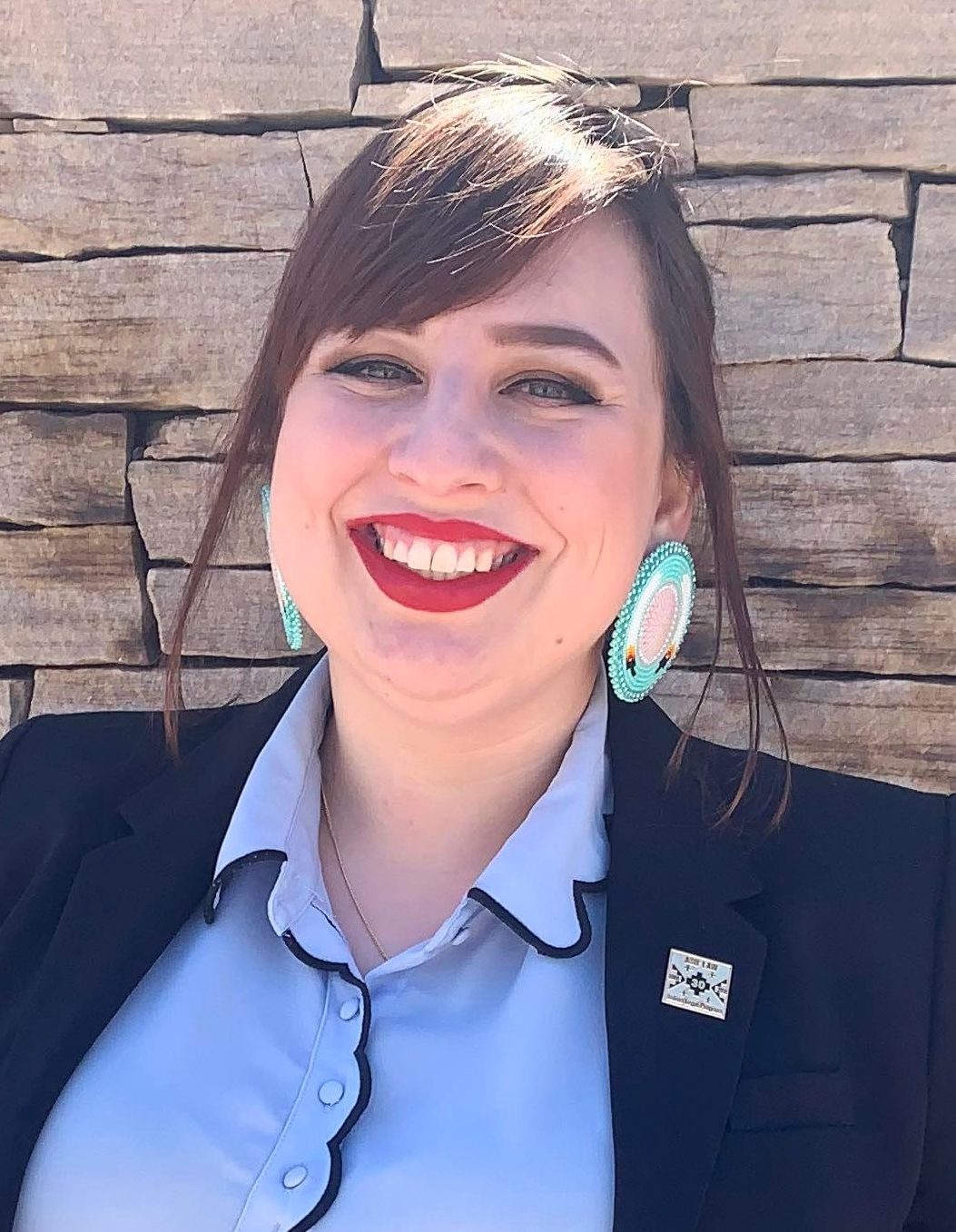 Over the summer, Gwendolyn Bell (3L) worked with the Portland Area Indian Health Board on health policy projects and research. One of the projects she worked on was a Long-Term Care resource for Washington state, which provides detailed information on long-term health care services including information on staffing, building, care, and other requirements. It also includes sources for funding and other resources, and links to the Washington Administrative Code and Revised Code pertaining to that service. Bell also worked in making a resource for internal use of federal legislation and policy about Indian health. Finally, she assisted in preparing a bi-weekly legislation and policy update for member Tribes and organizations. The newsletter update presented information on new policies and legislation in the health care and Indian health areas, as well as information on town halls, Tribal leader meetings, and opportunities to write comments on pending policy.
Over the summer, Gwendolyn Bell (3L) worked with the Portland Area Indian Health Board on health policy projects and research. One of the projects she worked on was a Long-Term Care resource for Washington state, which provides detailed information on long-term health care services including information on staffing, building, care, and other requirements. It also includes sources for funding and other resources, and links to the Washington Administrative Code and Revised Code pertaining to that service. Bell also worked in making a resource for internal use of federal legislation and policy about Indian health. Finally, she assisted in preparing a bi-weekly legislation and policy update for member Tribes and organizations. The newsletter update presented information on new policies and legislation in the health care and Indian health areas, as well as information on town halls, Tribal leader meetings, and opportunities to write comments on pending policy.
“I am incredibly grateful for the funding provided to me by the Salt River Pima-Maricopa Indian Community, as I would have been unable to accept this incredible opportunity otherwise,” Bell said. “I greatly enjoyed my experience this summer and learned a vast amount about the field which will help me in my career.”
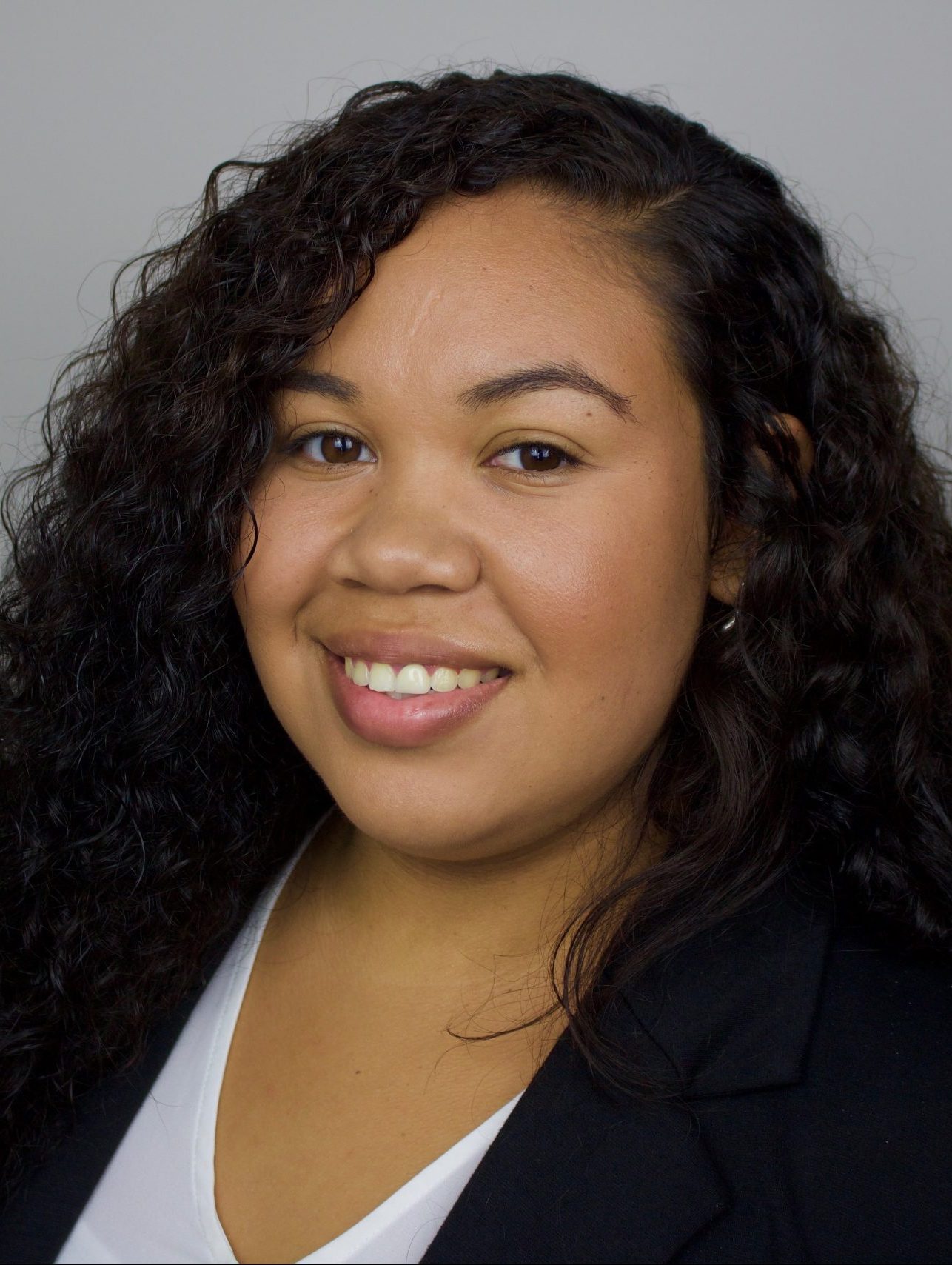 Ashleigh Fixico (3L) had the honor of working with ILP alum, Judge Diane Humetewa (’93) in the Arizona Federal District Court. “Having the opportunity to be in the courtroom and experience live proceedings was the highlight of my law school career, which began during the height of COVID and virtual learning,” Fixico said. She enjoyed working with another ILP alum, Alexander Mallory (’19), a law clerk to Judge Humetewa. “He always provided helpful advice and the sincerest interest in you as a person. This summer was about growing up and accepting that my career as a student is almost over. I am thankful for Judge Humetewa and her chambers for taking me in and offering me space to grow into the individual I came to law school to become.”
Ashleigh Fixico (3L) had the honor of working with ILP alum, Judge Diane Humetewa (’93) in the Arizona Federal District Court. “Having the opportunity to be in the courtroom and experience live proceedings was the highlight of my law school career, which began during the height of COVID and virtual learning,” Fixico said. She enjoyed working with another ILP alum, Alexander Mallory (’19), a law clerk to Judge Humetewa. “He always provided helpful advice and the sincerest interest in you as a person. This summer was about growing up and accepting that my career as a student is almost over. I am thankful for Judge Humetewa and her chambers for taking me in and offering me space to grow into the individual I came to law school to become.”
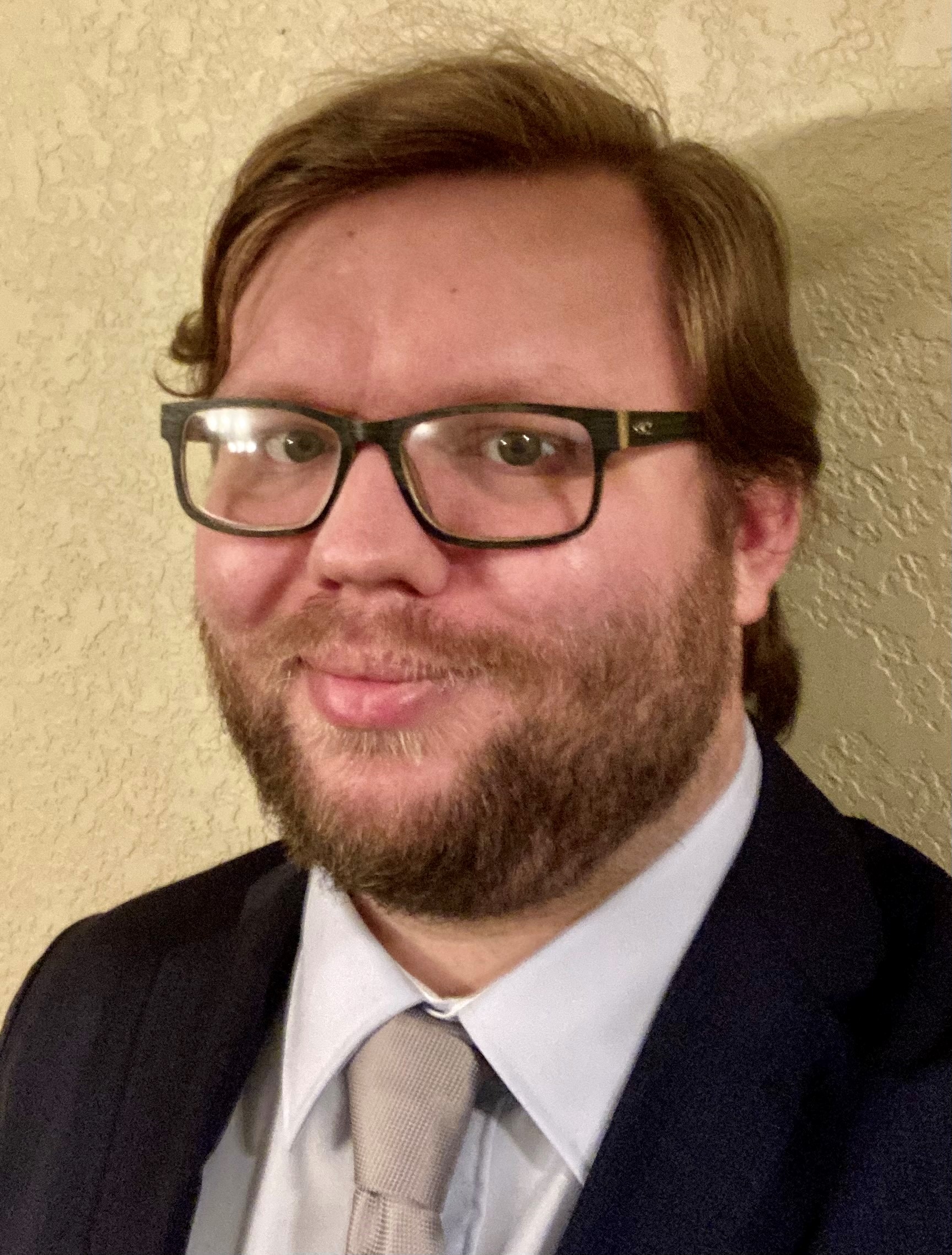 Ryan Maxey (3L) spent the summer working as an intern for Denise Turner-Walsh, attorney general of the Rincon Band of Luiseño Indians. “It was an incredible opportunity where I got to utilize my knowledge of federal Indian law in a practical setting,” Maxey said. He researched and briefed the AG and other tribal government officials on evolving areas of federal law, including environmental and labor law, as they applied to the tribe. He also worked on fee-to-trust applications and helped draft HEARTH act-compliant residential leasing regulations. “I’m incredibly grateful that my Salt River Fellowship helped make this experience possible,” Maxey said.
Ryan Maxey (3L) spent the summer working as an intern for Denise Turner-Walsh, attorney general of the Rincon Band of Luiseño Indians. “It was an incredible opportunity where I got to utilize my knowledge of federal Indian law in a practical setting,” Maxey said. He researched and briefed the AG and other tribal government officials on evolving areas of federal law, including environmental and labor law, as they applied to the tribe. He also worked on fee-to-trust applications and helped draft HEARTH act-compliant residential leasing regulations. “I’m incredibly grateful that my Salt River Fellowship helped make this experience possible,” Maxey said.
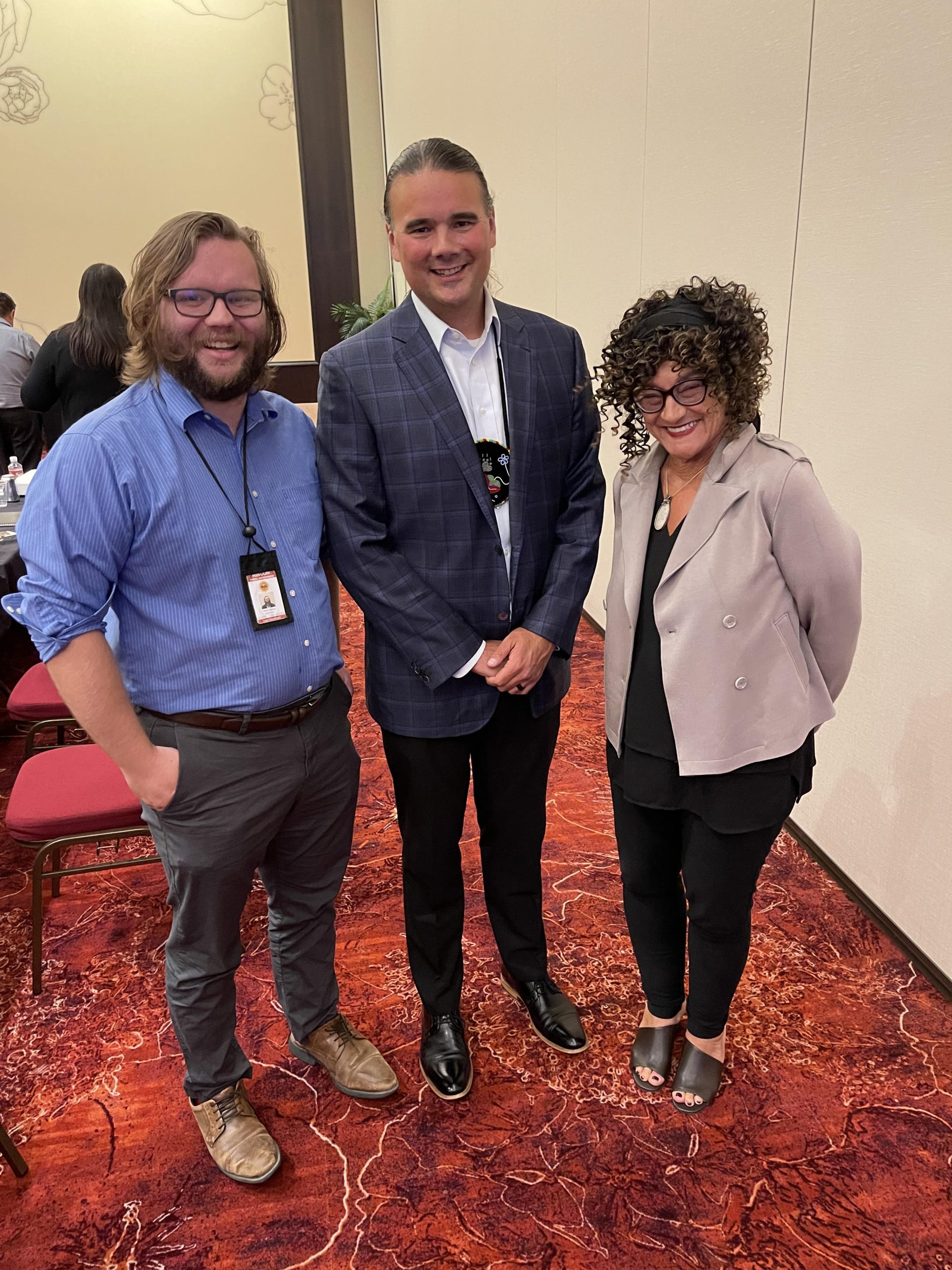
“I’m incredibly grateful that my Salt River Fellowship helped make this experience possible,” Maxey said.
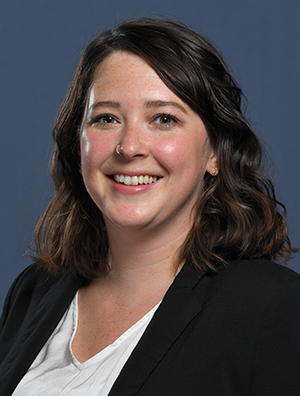 Sophie Staires (2L) worked as a legal intern for the Salt River Pima-Maricopa Indian Community Prosecutor’s Office. She worked closely with the criminal team and was able to participate in a number of dependency cases as well. She hit the ground running and was tasked with reviewing new police reports and helping prosecutors with charging decisions and drafting complaints. Before long she was assisting prosecutors by writing and filing motions, compiling documents for disclosure, and negotiating plea deals with defense advocates. Staires sat in on arraignments and hearings 3-4 days a week, and eventually obtained a license to speak in court. Now she is able to assist with weekly arraignments.
Sophie Staires (2L) worked as a legal intern for the Salt River Pima-Maricopa Indian Community Prosecutor’s Office. She worked closely with the criminal team and was able to participate in a number of dependency cases as well. She hit the ground running and was tasked with reviewing new police reports and helping prosecutors with charging decisions and drafting complaints. Before long she was assisting prosecutors by writing and filing motions, compiling documents for disclosure, and negotiating plea deals with defense advocates. Staires sat in on arraignments and hearings 3-4 days a week, and eventually obtained a license to speak in court. Now she is able to assist with weekly arraignments.
“Representing the Community in court is an honor and a privilege, and not one that I take lightly,” Staires said. “It is intimidating, but the attorneys are so supportive, making it the perfect place to work on litigation skills and build confidence.”
Over the summer, she collaborated with another fellow ILP intern, Alexandra Trousdale, on a research project: how different jurisdictions handle competency determinations and civil commitment. At the end of the summer, they presented on the Supreme Court decision Oklahoma v Castro-Huerta and its implications for tribal jurisdictions before the Native American Bar Association of Arizona (NABA-AZ) board.
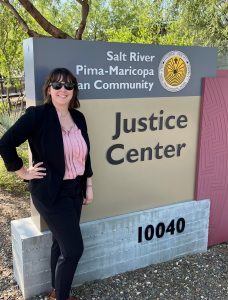
“I think my favorite part of the summer was working with defense counsel to put together a plea deal,” she said. “It is an honor to have the trust of the prosecutors, and a relationship of mutual respect with the defense attorneys. My time at Salt River has shown me that it is possible to create a criminal justice system that is supportive, rehabilitative, and community oriented. It has been an incredible experience and has fueled my passion for serving tribal communities.”
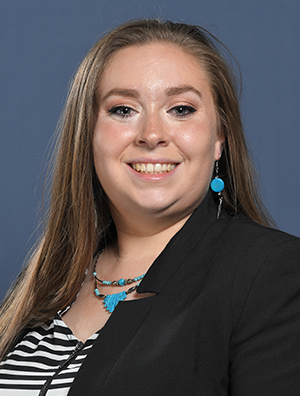 Alexandra Trousdale (1L) worked for the Tribal Prosecutors Office at the Salt River Pima-Maricopa Indian Community over the past summer. She had the opportunity to get a diverse taste of legal practice in both civil and criminal prosecution. Trousdale observed several court proceedings and provided insight in various cases, including criminal prosecution, mental health evaluation, and child dependency. She also drafted disclosure statements, deferred prosecution agreements and plea agreements and took lead in plea negotiations with defense attorneys. At end of the summer, she led a presentation with a fellow ILP intern, Sophie Staires, on the Castro-Huerta decision before the NABA-AZ board.
Alexandra Trousdale (1L) worked for the Tribal Prosecutors Office at the Salt River Pima-Maricopa Indian Community over the past summer. She had the opportunity to get a diverse taste of legal practice in both civil and criminal prosecution. Trousdale observed several court proceedings and provided insight in various cases, including criminal prosecution, mental health evaluation, and child dependency. She also drafted disclosure statements, deferred prosecution agreements and plea agreements and took lead in plea negotiations with defense attorneys. At end of the summer, she led a presentation with a fellow ILP intern, Sophie Staires, on the Castro-Huerta decision before the NABA-AZ board.

